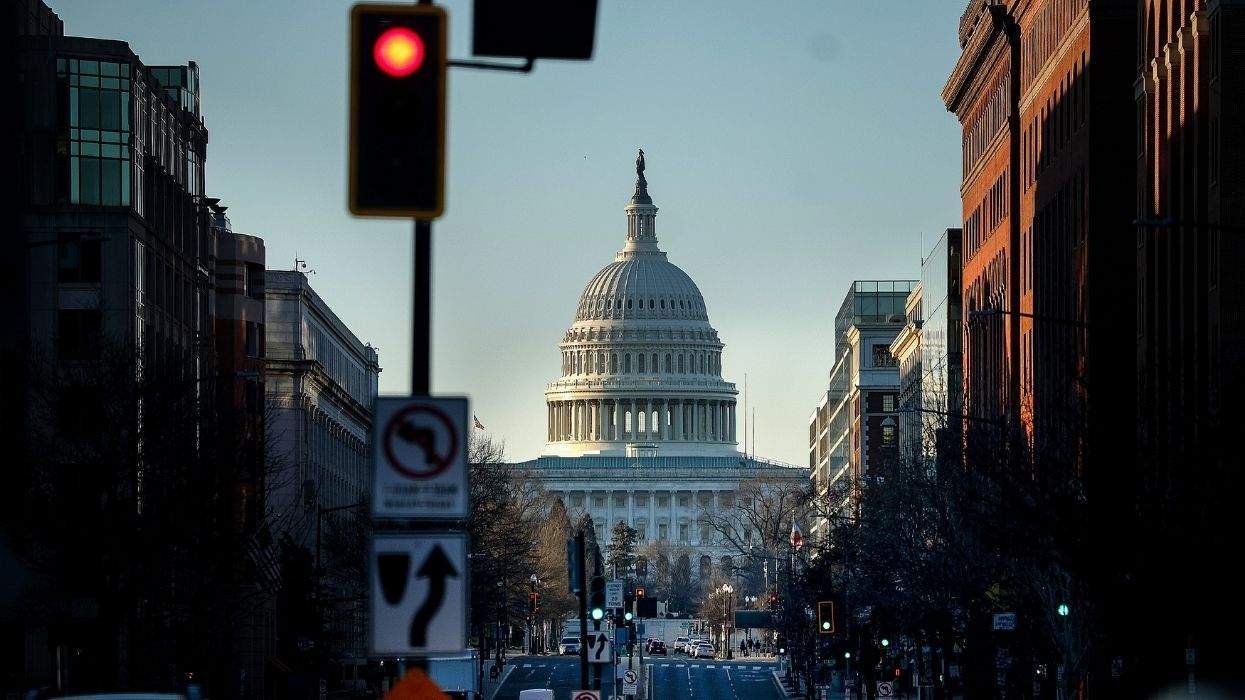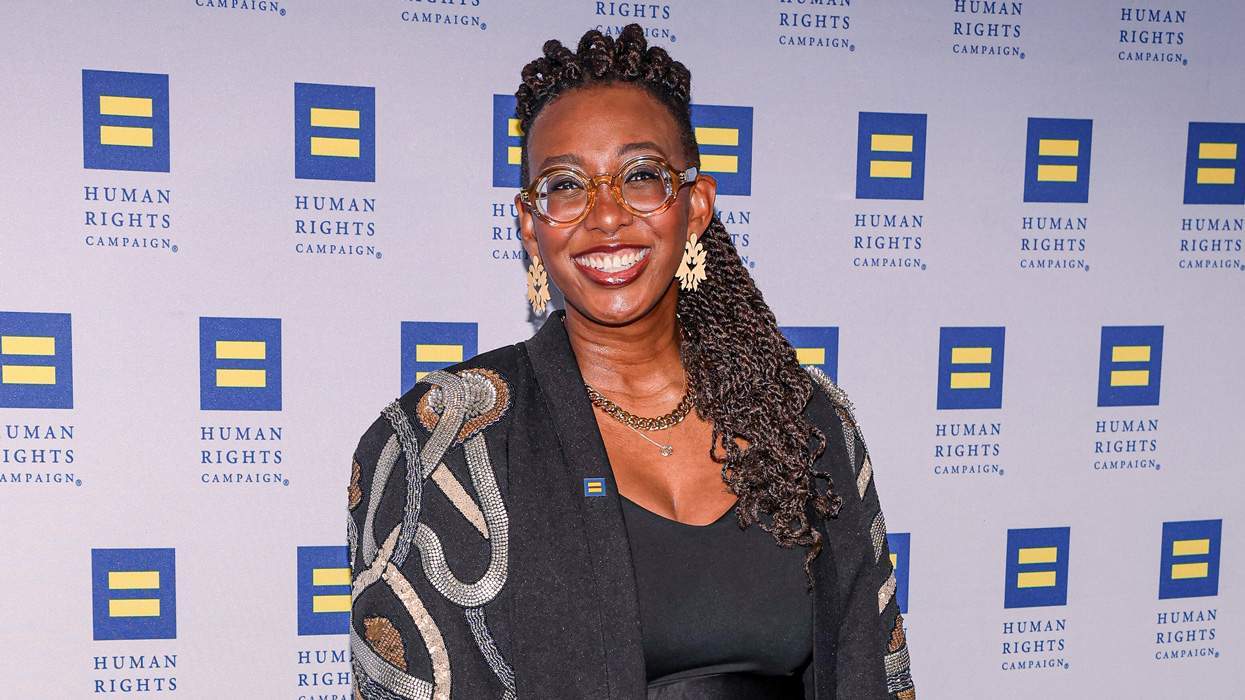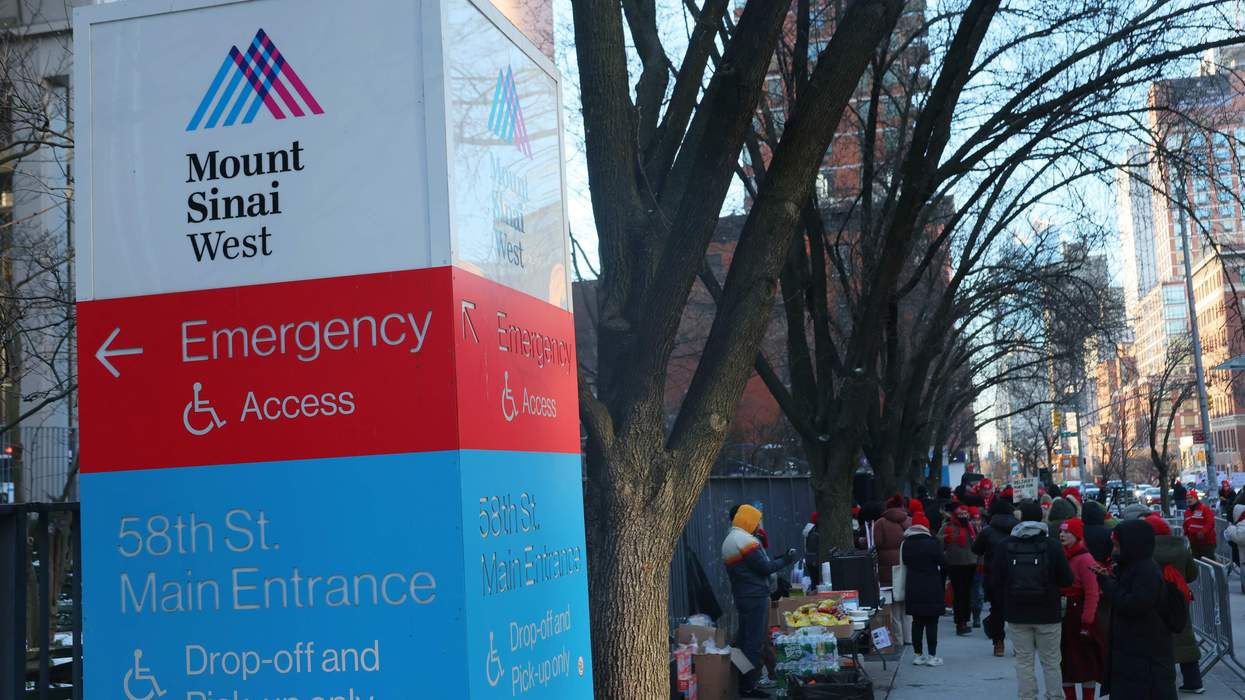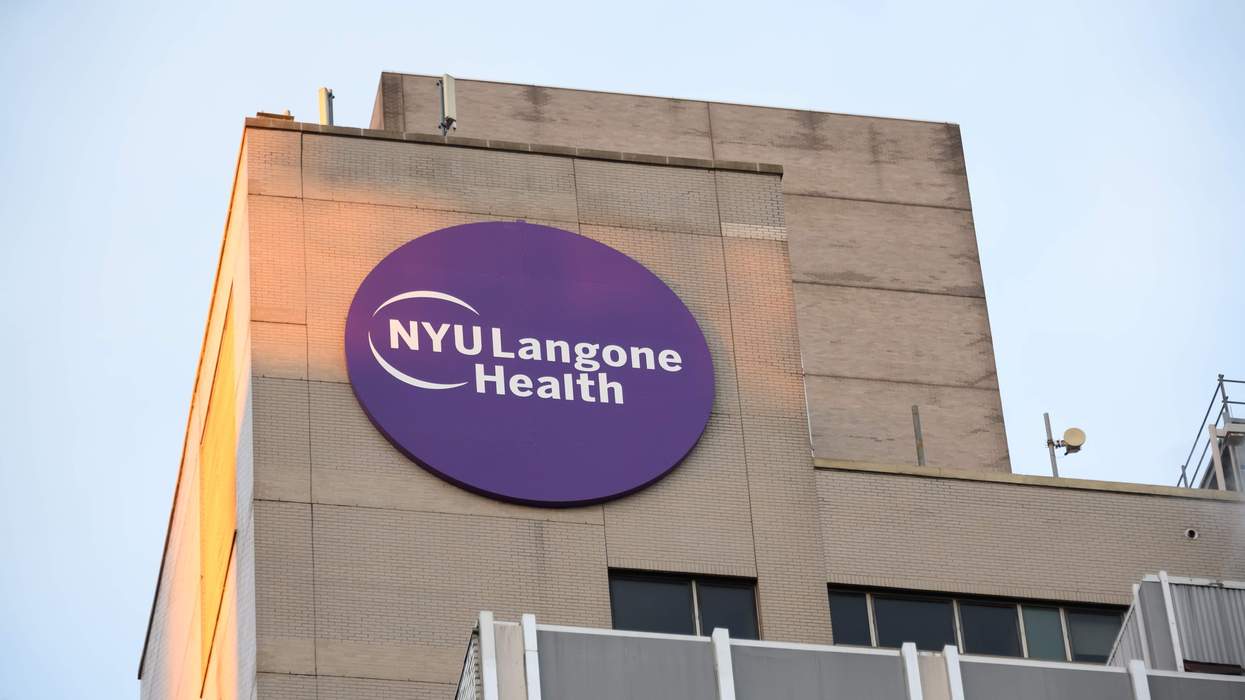Many historically black colleges are stepping up safer-sex education in response to health researchers' finding of a spike in HIV infection rates among African-American students. Experts attribute the rise to a potent mixture of recklessness, homophobia, lack of information, and denial--and colleges are increasingly looking to honest talks by students like Jonathan Perry as part of the solution. "It's affecting the future," says Perry, who is openly gay and HIV-positive. He speaks at campus forums on the issue, including a "Stomp Out HIV/STDs" conference sponsored by North Carolina's 12 minority-serving schools and the state Division of Public Health. Perry, a senior at historically black Johnson C. Smith University, understands how the infection may spread rapidly: Despite common knowledge of his own HIV-positive status, he says, men claiming to be heterosexual have sought to have unprotected sex with him. "They feel like they're being robbed, they're being stripped of their masculinity" if they acknowledge that they're not purely heterosexual, Perry says. North Carolina researchers found 84 newly infected male college students over the past three years, 73 of them black--representing 20% of the state's new HIV infections among 18- to 30-year-olds. The study found HIV infection among male college students jumping from six cases in 2000 to 30 in 2003. Although the numbers are small, they are worrisome because they are higher than expected. Sixty-seven of the 84 HIV cases involved black men who have sex with other men but don't identify as either gay or bisexual. Of those, 27 said they also have sex with women. "And more important, they don't consider themselves to be at risk for HIV," says David Jolly, an assistant professor of health education at North Carolina Central University. The cases were linked to 37 North Carolina colleges; up to a dozen additional cases involving partners of the North Carolina students were found at schools in Georgia, Florida, South Carolina, Virginia, West Virginia, and the District of Columbia. This was the first documented outbreak of HIV on U.S. college campuses. The increase was first noticed in late 2002, and officials now believe it began in mid 2001 and is continuing. Peter Leone, lead researcher on the North Carolina study, says the federal government isn't doing enough to study the phenomenon or halt its progression. The region's black institutions are stepping in. The Morehouse School of Medicine has held HIV education sessions with black women in the Atlanta area and intends to do the same with black men. At nearby Spelman, incoming students get HIV education with their orientation from about 40 specially trained students who belong to SHAPE--Student Health Associates and Peer Educators. In North Carolina, Project Commit to Prevent was established to educate students at the minority-serving schools about the risks of HIV and other sexually transmitted diseases.
Search
AI Powered
Human content,
AI powered search.
Latest Stories
Stay up to date with the latest in LGBTQ+ news with The Advocate’s email newsletter, in your inbox five days a week.
@ 2026 Equal Entertainment LLC.
All rights reserved
All rights reserved
By continuing to use our site, you agree to our Privacy Policy and Terms of Use.
The Latest
Support Independent Journalism
LGBTQ+ stories deserve to betold.
Your membership powers The Advocate's original reporting—stories that inform, protect, and celebrate our community.
Become a Member
FOR AS LITTLE AS $5. CANCEL ANYTIME.
More For You
Most Popular
@ 2026 Equal Entertainment LLC. All Rights reserved















